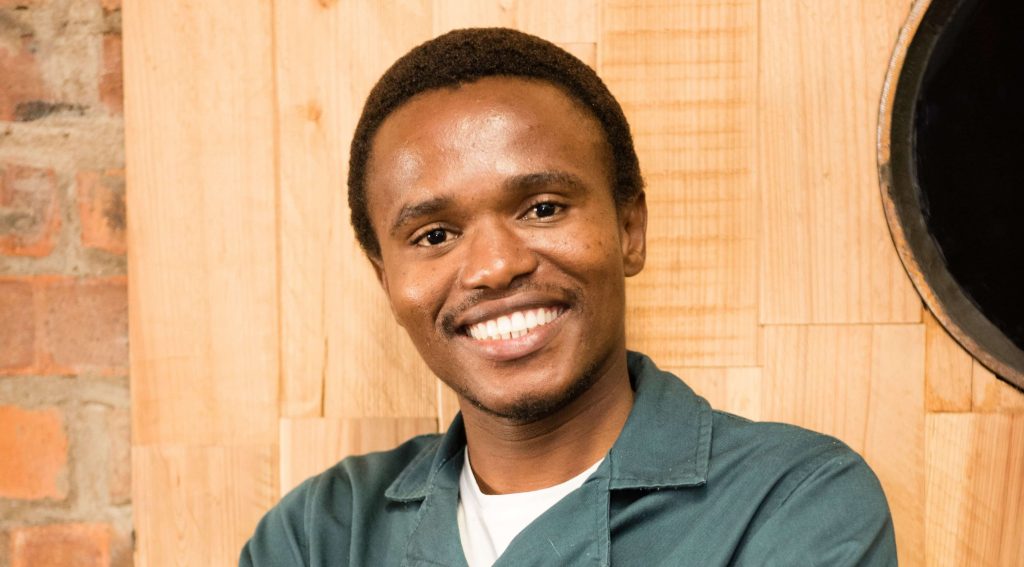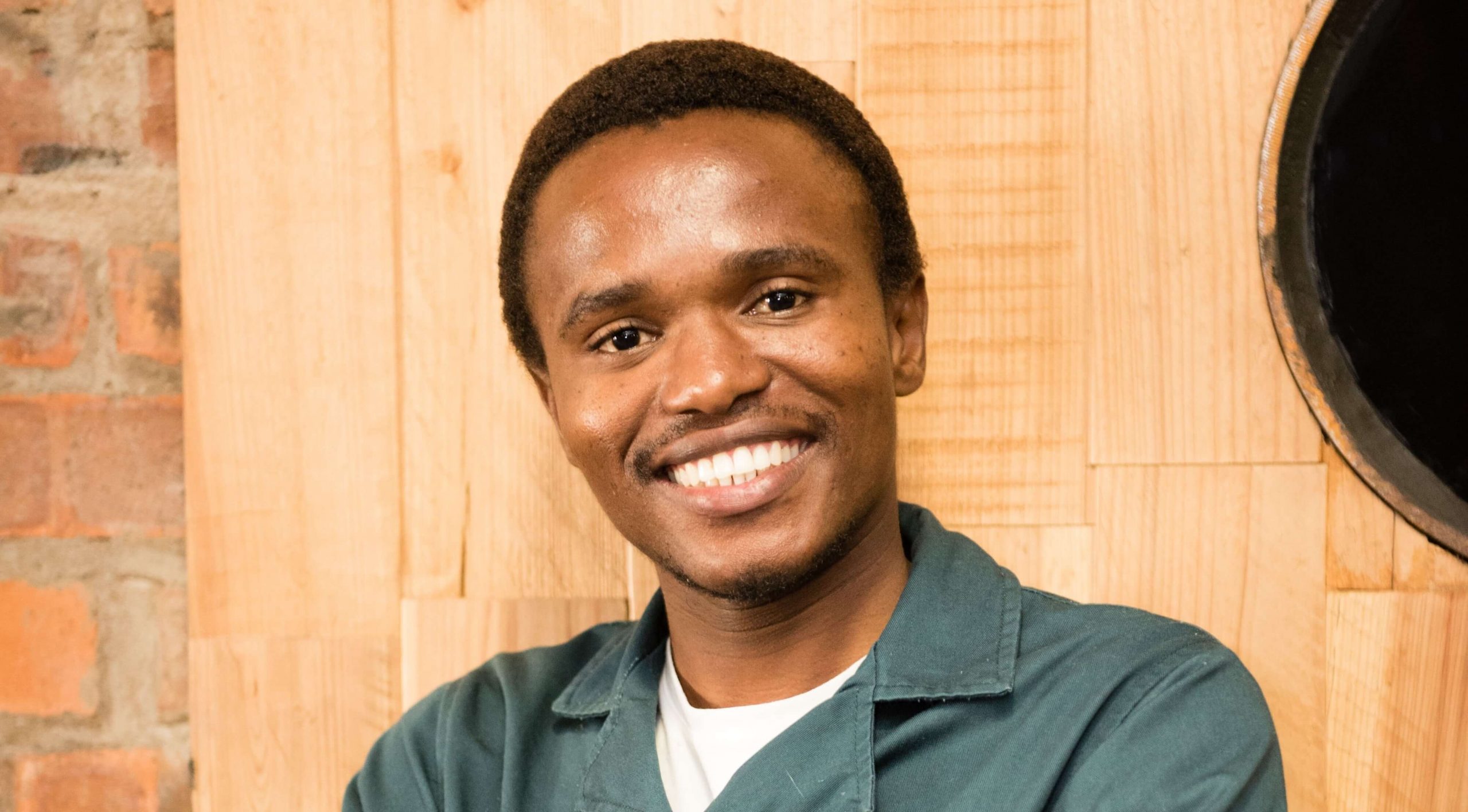
Healthtech Startup Expands to the US
South African healthtech startup, HearX, will have it’s Lexie hearing aids sold at Walgreens stores in the US from this month. HearX offers health tech solutions for hearing loss, detection, and diagnosis.
Launched in 2016, HearX Group is the world’s first smartphone-based hearing test, and has the potential to reach millions of people across the world who have undiagnosed and treatable hearing loss.
The hearing aids are programmed according to the user’s unique hearing profile. Users can customise their hearing profiles using a dedicated smartphone app.
Users can also make video or voice calls to hearing experts for support and remote care.
AlphaCode Awards R2M and Further Support to Fintech Startups at Latest Demo Day
SA’s best up and coming fintech startups sweated it out at a virtual demo day where they had just 5 minutes each to convince a panel of judges that they should be part of the second phase of the AlphaCode Incubate programme.
The ten startups, which have just completed a three-month programme, competed for one of four places in an extended 6-month programme valued at almost R1,5 million each. Their success, which was validated by their ability to get traction in a short time, unlocks further funding of R500 000 each and tailored business support.
Says Andile Maseko, head of ecosystem development at AlphaCode, “Despite a tumultuous year, a number of entrepreneurs saw how they could fill a gap in the market for financial services and related industries. Those selected in the top four earned the opportunity for further funding and mentorship. The first part of the intensive programme focused on entrepreneurship and refining business models. The second phase will focus on revenue generation.”
In addition, these startups will be able to apply for seed capital from AlphaCode’s fund that invests in early-stage startups.
The four promising businesses selected:
AgriCool is an e-marketplace that links smallholding farmers and buyers to a fair and reliable market. It offers farmers access to finance, reliable information on improving their production, and it works with both formal and informal markets. Street vendors, retailers, the hospitality industry can get fresh produce delivered, saving them transportation costs. Founder: Zamokuhle Thwala.
Bento is an out-of-the-box employee perks and benefits platform. It gives employers a simple and cost-effective solution to offer employee benefits without the cost and administrative burden. Employees are empowered to self-manage their benefits and perks which gives them freedom of choice over their remuneration structure and take-home pay. Co-founders: Claudia Snyman, Dennis Williams, Bryn Divey and Ross Horak.
Imfuyo Technologies is developing a smart farming solution that will give livestock farmers better oversight of their operations at viable cost points. The initial offering will consist of a smart tracker that will collect critical data about cattle location and behaviour. The data is analysed to enable farmers to optimise farming activities. The platform will also serve as a de facto cattle deeds office, providing better traceability across the beef production value chain. Through Imfuyo Technologies, livestock farmers also have better access to financial markets. Founder: Allasandro Da Gama.
MatchKit.co helps athletes better commercialise their careers. The platform helps athletes make money, regardless of the status of sporting events. It integrates into existing social media channels and stats to showcase the value of an athlete’s digital audience to potential sponsors. It also offers a plug-and-play e-commerce store where fans can purchase everything from bespoke, branded merchandise to personalised video and audio shout-outs. MatchKit.co plans to add insurtech and transactional / virtual card capabilities to their offering. Founders: Mike Sharman, Shaka Sisulu, Bryan Habana and Ben Karpinski.
The Quiver Lets Surfers Rent their Sticks in Airbnb-Like Service Across the Globe
The Quiver, a new platform that lets surfers rent out their boards to anyone in 20 countries and growing. The Airbnb-like service connects board owners to everyday surfers throughout the world, creating an online community and marketplace that monetizes board sharing in a unique peer-to-peer model. With a few clicks on the site, riders can browse through hundreds of boards to rent and reserve their perfect stick in a matter of minutes. The Quiver also allows anyone to list their own boards.
Among the thousands of boards listed you’ll find well known board brands and local surfboard shapers alike. Some of the surfboard brands include Album, Campbell Brothers, Channel Islands, Lost, and Pyzel among others. The site also includes links to some of the most popular surfing destinations where boards are readily available.
The Quiver’s easy navigation and communal atmosphere is a virtual community for surfers, who can also meet fellow riders and share tips and recommendations. In a COVID world, surfing has gained new popularity for its singular experience, allowing people to enjoy the waves by themselves or with small groups of friends.
“In times of uncertainty and change, being out in the ocean is beneficial in so many ways,” says Wilson. “Surfing has always been a socially distant sport. In fact, when you find waves without anyone else in the water, it can be the most memorable and best sessions. The beauty of surfing is that all you need is a board.”
The inspiration behind The Quiver is an experience every surfer has faced: traveling with cumbersome boards that are often damaged in transport. Additionally, it has become increasingly expensive to fly with excessive airline baggage fees.












